A mussel shell revealed…a memory of Mummy and her trip to Maine…and the color blue on the compost pile.
She said sea shells add calcium to the soil. Did she know how long it would take for them to decompose? Needless to say, the mussel shell remains in my garden, a slowly releasing time-capsule of goodness for the soil.1
Yellow leaves present themselves on my morning walk...and reveal another memory, this one of my mother-in-law, and pressed leaves.
After her husband's death in 2017 Pam’s dementia revealed itself in subtle ways. When I found these leaves in an unlabeled folder among her holiday card collection, I understood that her slipping had been going on for much longer than any of us knew.
She was a collector and active gardener. It made sense to celebrate this mix of leaves by photographing them and then including them in our vibrant compost pile.
Memories, past and present, get mixed and mingled, just like those pressed leaves in the compost.
After the leaves, I added more objects from my mother-in-law’s various collections. Pam loved to write poems to celebrate birthdays and holiday gifts, but words did not come naturally, so she used a thesaurus. For years, I’ve called this particular piece “Bread & Thesaurus.”
When she moved out of her final apartment, to assisted living, her thesaurus was in a drawer in her desk. None of us had received a poem from her in years (Her dementia had taken away that capacity), but the book was filled with handwritten notes for poems she may or may not have used.
But when I went back to these images earlier today, I realized my memory had played tricks on me. The book that I have called a thesaurus was, in fact, a rhyming dictionary.
It feels strange to share this mental slip of my own. Somehow, though, Thesaurus sounded better. And I had completely forgotten about the “How to Build a Better Vocabulary” book, a book whose title implies the reader is somehow not erudite or good enough.
What I remember about her, or anyone else for that matter, is not the specific words used, but the spirit with which they came, like when you get an old fashioned hand-written note with that person’s distinct hand-writing which immediately brings that person to mind, the spirit of the sender embedded in each stroke.
This reminds me of another image, Croissants & Coffee, in which weekend food scraps from Umpleby’s Cafe & Bakery2 and pages from my daughter’s old SAT prep book mingle on a Sunday morning.3 Words come in so many different forms - in standardized tests, funny birthday cards, e-mail notifications and the long lost hand-written letter from a friend or poem from Pam.
I often wonder what would happen if we spent less time in our heads, worrying about things like words, and more time in our hearts and with our hands?
The point is, I love how over time compost has become so much more than a beautiful kaleidoscope of carbon and nitrogen-rich materials. The routine of composting grounded me in troubled times; The act of photographing the compost offered metaphors for understanding those troubles; Sharing these images with you in this newsletter invites me to look again, to consider more deeply the memories and narratives embodied in each work .
Thank you for sticking with my somewhat stream-of consciousness flow. If you’re enjoying it, please share with others!
Come Again? includes Good King Henry,4 and a variety of pages from our local newspaper as well as some pages from a book (stay tuned for more on that next week…). The image is called Come Again? because like chives, Good King Henry is a ‘come again’ herb - - you can keep cutting it back and it will produce all season. I love how the leaves are juxtaposed with newsprint. Like this herb, the news just keeps coming, season after season, but I often ask myself “come again?” when I hear so many stories that repeat themselves unnecessarily (the list is too long to include here!)
This brings me back to that mussel shell and the way some things just stick around, whether a former home of a mollusk or the memory of women I’ve loved and lost.
Compost reminds me to lean into these moments and memories, to let them percolate and settle and to not ask “come again?” but to instead invite them to please stay awhile.
Mixed Carbon offers such an invitation - - The monochromatic palette a reprieve from my usual colorful compositions. But here, too, the shredded words and numbers have a story to tell.
I’ll get into more of this next week with The Origin Story, Part 4: Meaning, where compost invites us to consider the true nature of paper, power, and privilege.
Until then, honor the croissants & coffee in your life. Make applesauce with old apples, take time to enjoy the smell of fresh coffee in the morning, or just look out the window and consider what memories the changing season evokes for you.
With compost, and life, it’s all connected. If you can, please connect me with others who might be interested in this work. Thank you!!
With cheers and gratitude for you being you,
Lyn
To learn more about composting mollusk shells, check out this 2016 Washington Post Article by Barbara Damrosch, “Why You Should Prepare a Seafood Dinner for Your Soil.”
In the article, Damrosch writes “We see the white clamshell fragments in our dark earth as time-release calcium pills at work.” She also suggests chopping mollusk shells up and mixing them into the soil to ensure more efficient activity. Clearly I didn’t know that part.
I am amused, though, that for years now I’ve been telling people that the shells had decomposed along with everything else and were now happily nurturing my garden. Little did I know that they, like the spirit of my mother, are very much around.
It was as if my mother was letting me know that while she may be gone, she’s still here, a slow release time capsule of energy.
Between April 2017 and April 2021, I collected 10 tons of food scraps and coffee grinds from Umpleby’s Bakery & Cafe in Hanover, NH.
Seeing those torn pages from that SAT book triggered my deep dislike for standardized tests and I remember how thrilling it felt to tear up my daughter’s prep-book and let it decompose with all the rest. Those tests are anything but inclusive, serving as yet another way to judge whether or not we measure up, like Pam’s book “How to Build a Better Vocabulary.” Will we ever be enough?
Good King Henry is a hardy perennial herb that is also known as Lincolnshire spinach, Fat Hen or Poor-man’s asparagus. It has culinary and medical uses and is the first green to emerge in the garden along with chives. Together, they make a mean omelette, especially in the early spring before other fresh greens have emerged from the soil.










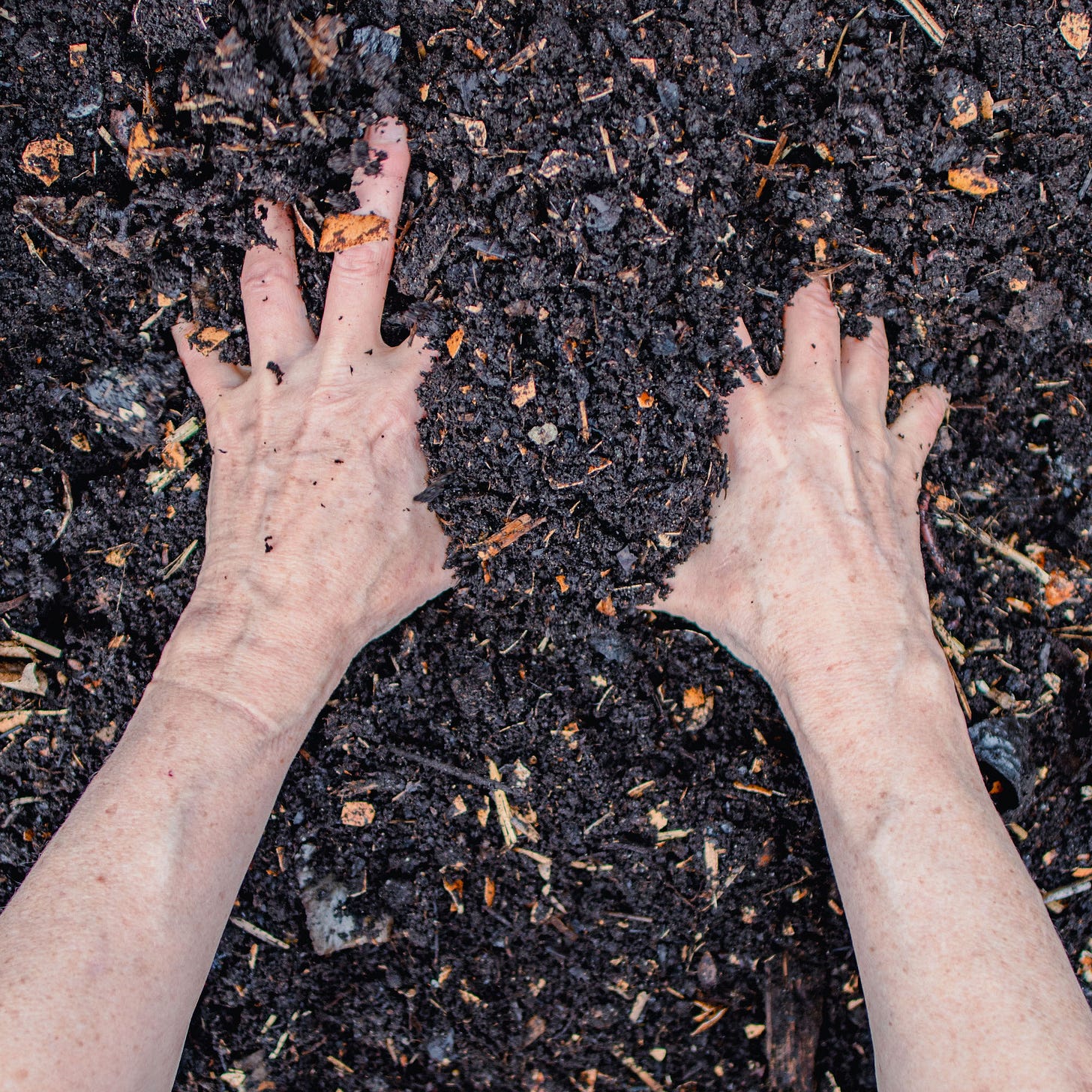

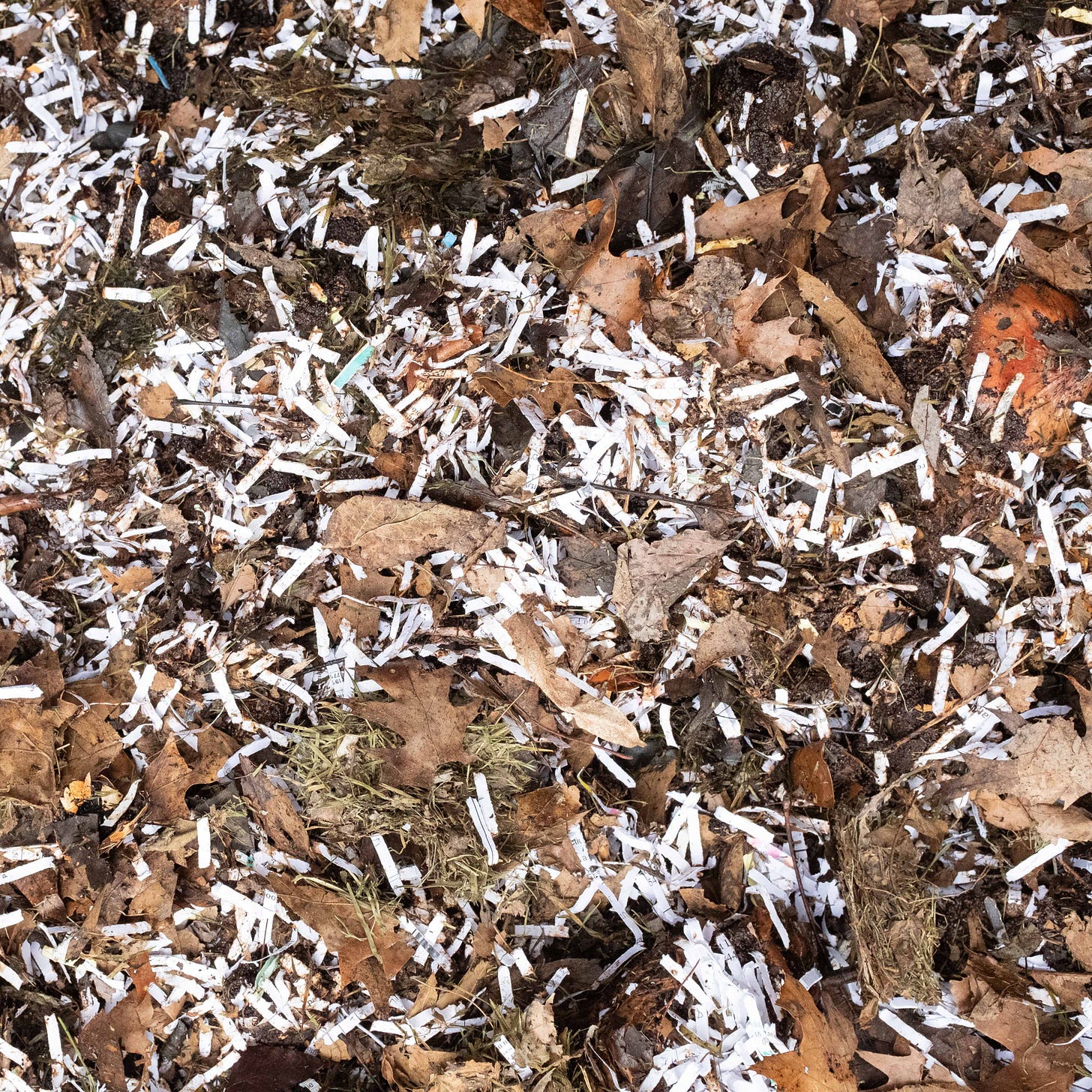
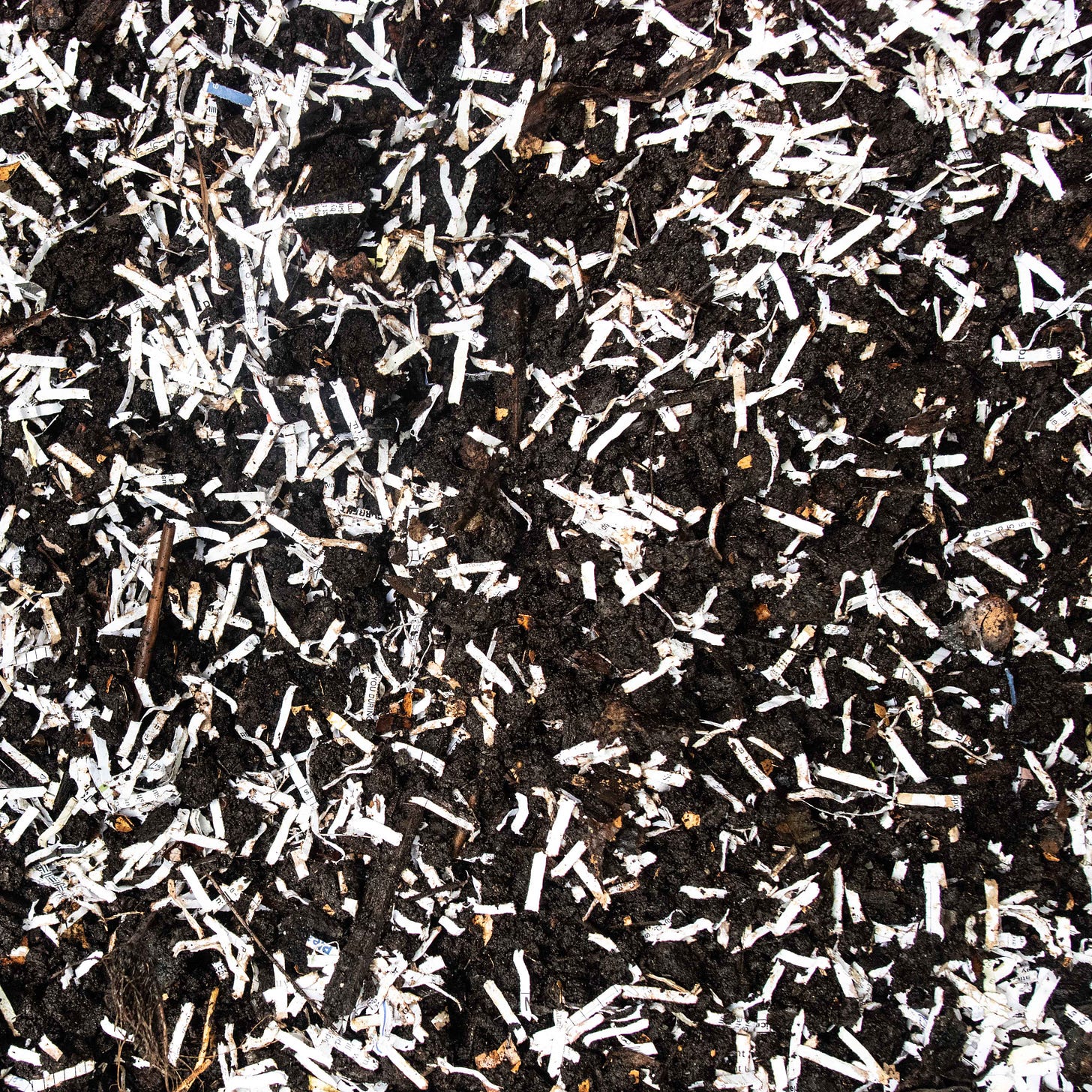
Bread & Thesaurus is the best title ever